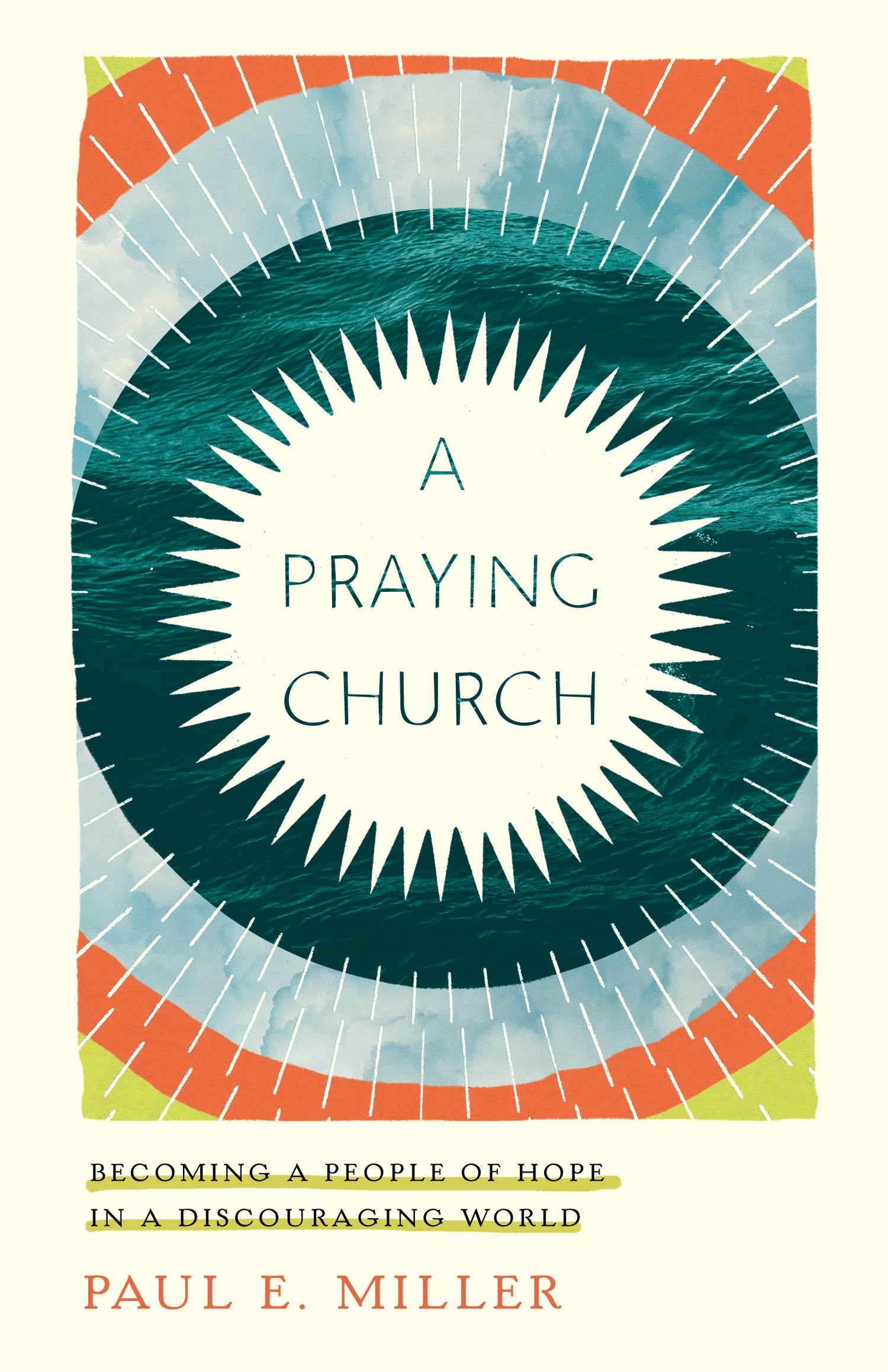A few years ago, I started to feel uncomfortable with my then lower elementary aged kids’ lack of engagement in our worship service. They spent most of their time with us coloring, and then left for Children’s Church during the sermon. I’d always imagined that at some point they’d join in the singing and liturgy, but it wasn’t happening. There was no pressure around us to make a change; my discomfort didn’t feel like embarrassment or guilt, but a nudge from the Lord to take action!
So my husband and I started a conversation with them about how the church worship service is different from a performance we might see at school or at the theater. Our church defines liturgy as “the work of the people,” so I told my kids, “there’s a sense in which the words in the bulletin are your lines!” To my delight, they heard our words not as a call to duty (which I’d feared) but as an invitation to join in. It’s been an imperfect journey, but I’m so glad we started the conversation!
Our goal as parents is to disciple our kids, but it felt strangely counter-cultural to proactively encourage my kids to participate in church. Why is that?
We parent in a Church and indeed a wider world richly seasoned with grace, and I am thankful. But sometimes it feels like when we embraced grace, we threw away the support beams and scaffolding that help form and mature us. Our goal as parents is to disciple our kids, but it felt strangely counter-cultural to proactively encourage my kids to participate in church. Why is that? Can grace lead both to active work and to passive rest? How should we understand the relationship between grace and formation?
Grace Through the Eyes of Jesus Units 1 and 2 are two nine-lesson interactive Bible studies that help answer that. The studies immerse you in the world of grace, looking at seven scenes from the gospel of Luke where Jesus either tells stories about grace or models grace in his interactions with people. What we find is that grace is complex. Jesus is absolutely stunning in the grace he shows to people – but his grace never leaves them where they are. Jesus shows compassion, forgives sin, and invites sinners to rise up and join in his work.
Jesus is absolutely stunning in the grace he shows to people – but his grace never leaves them where they are.
Part of how these studies help us understand grace is by situating it in the context of the Jewish moral law. While the western world has been deeply imprinted by the Judeo-Christian tradition, that imprint is fading, as evidenced by my reluctance to talk to my kids about participating in worship. Yet that context has a role in cultivating our imagination and giving us a vision of what it is to live a life that honors God.
I think of it like good posture. If no one ever urged me to stand tall, I’d probably slouch. It’s what you get with human nature and gravity. But seeing an elegant ballerina grows my imagination for what is possible. Grace frees me from feeling crushed by the awareness that I’ll never match her and enables me to receive her example – her “law” if you will – as inspiration and instruction as I set my aim in the daily work of standing.
Grace Through the Eyes of Jesus will expand your vision for beauty and your appreciation of grace. You’ll better grasp Jesus’ compassion and forgiveness, and his call to join him in his work—laying down our lives for others, putting sin to death, and yes… even participating in worship services!








